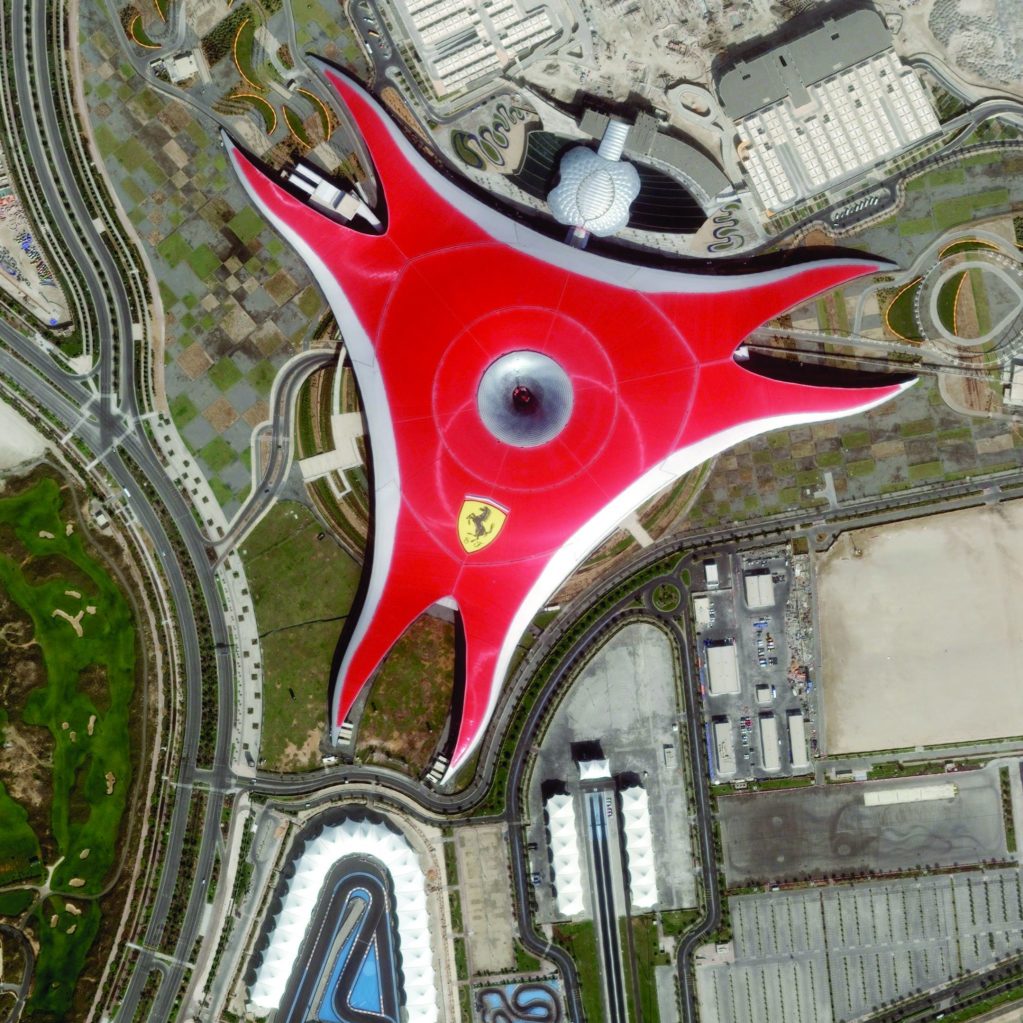It’s been some time since cars have been viewed strictly as a mode of transport; most consumers buy into a brand, rather than simply deciding which vehicle they need to shuttle them around on a daily basis.
Many prestigious manufacturers have branched out into creating clothing, luggage and other such items for brand-loyal customers, and some manufacturers have even extended their design expertise into unrelated fields. The aim here is less to do with pure profit but rather as a means to showcase their creativity and problem-solving techniques.
BMW Group is one of the few car companies in the world that has its own design studio that focuses on non-car related products. In 1995, BMW Group acquired Designworks USA and began looking at how the two facets could complement one another.
Creative solutions are also a hallmark of Porsche’s philosophy. Back in 1972, Ferdinand Alexander Porsche founded Porsche Design, with the aim of applying his company’s Bauhaus-inspired thinking to other impactful projects.
Michael Griffin, owner of the sole Porsche Design shop on the African continent, says one of his main aims is to educate the South African consumer that Porsche Design isn’t simply a case of putting logos on shirts or sunglasses. The success of the product range conceived by the luxury sports car manufacturer can be seen in the phenomenal sales achieved by the Siemens Breakfast Series. More than 1.3 million kettles were sold worldwide, which far exceeded the expected 100,000 units. Not only were the items aesthetically pleasing and exclusive, they also functioned well.
Probably the greatest, most inspirational and complex creations ever undertaken by an automotive manufacturer is Ferrari World on Yas Island in Abu Dhabi, the largest of its kind, covering an unprecedented 200,000m2. It was officially opened on November 4, 2010, and can fit seven football fields head-to-toe. If placed upright, it would be the tallest man-made structure, at 300 floors. The theme park also houses the fastest rollercoaster ride, Formula Rossa and allows adrenaline junkies the chance to experience the same G-forces as they would in a Formula One car.
Not to be outdone in the architectural realm, Porsche is looking at creating its own Design Tower, a $560 million structure that will be built in Sunny Isles Beach, Florida in the States. It will be the world’s first condominium complex with elevators that’ll take residents up to their units while they sit in their cars.
Ferrari has famously commissioned several vehicle designs from the world-renowned Pininfarina. Founded in 1930 by builder Battista “Pinin” Farina, the company has branched out into producing sporting goods, furniture, equipment, machinery, consumer products and even tried their hand at packaging.
BMW has become involved in remarkable creations such as the Intermarine 55 Yacht. This luxury vessel draws on the inspiration and insight carried over from the group’s knowledge of cars; it features stainless steel air intakes and a rear wing spoiler.
Partnering up with the United States Olympic Committee, BMW North America produced a two-man bobsled that raced in the Fédération Internationale de Bobsleigh et de Tobogganing (FIBT) World Cup in Austria on January 19. The Bavarian car manufacturer paired lightweight materials with optimized aerodynamics.
Other genres that BMW Group Designworks USA has forayed into run the gamut of consumer electronics, environments and medical.
In addition to making writing instruments, luggage, smoking items, sunglasses and watches, Porsche Design has helped manufacture products such as bottle packaging, dentist chairs and fetal sonar scanners.
The company originally came up with the first black chronograph watch in 1972, which sold 50,000 times more timepieces than Rolex. Six years later, their exclusive sunglasses range went on to shift an unprecedented six million units worldwide, not to mention the range favored by Yoko Ono that was produced in 1979.
While the sale of cars is ultimately the biggest money-spinner for these companies, non-automotive revenues generate an increasingly impressive profit. In 2012 for example, Porsche’s worldwide car sales topped out at €3.02 billion ($3.9 billion). By comparison, sales stemming from Porsche Design hit the €100 million ($130 million) mark, that’s a jump from €79.8 million ($103.7 million) in 2011.
